
Top 6 Heroku alternatives
Heroku has announced that on November 28th, 2022, it’ll stop providing free tiers of products like Dynos or Postgres. For a while now, Heroku has been known for being the go-to platform for easy deployment and hosting of various projects - from large enterprise applications to personal side projects - thanks to user-friendly CLI and built-in scalability.
It’s easy to see how removing free offerings will mark a new chapter for Heroku and its clients. While it does mean one less option of free hosting for your side projects, it’ll enable Heroku to focus more on implementing new features and limit fraud and abuse of its services.
Still, I think this is a perfect time to explore possible alternatives. While Heroku was and still is a great choice, there have been many changes in the cloud hosting space, with many new offerings you might want to consider.
Backend as a Service (BaaS)
While quite different from Heroku, the Backend as a Service (BaaS) cloud model is very popular among developers, allowing them to create all kinds of apps with little to no effort required on the backend. Developers can focus on building the UI, while database, user management, and other backend features needed by modern apps are provided out-of-the-box, with easy access right from the front end.
Back4app
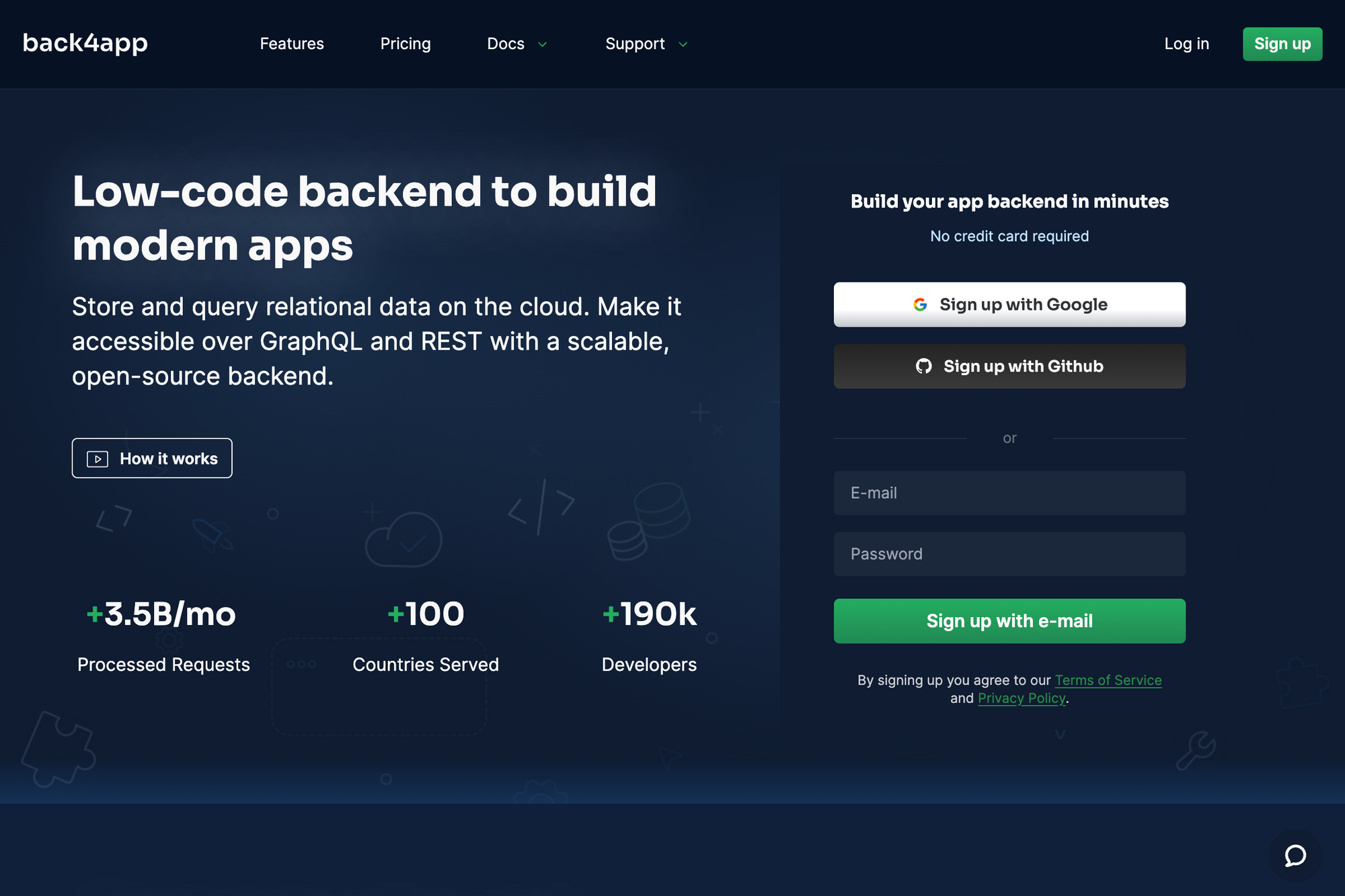
Back4App is one of the most popular BaaS providers, bundling real-time databases, cloud functions, user authentication, and many more. Building on the robust and open-source foundation that is the Parse Platform, Back4App is battle-tested and comes with developer-friendly API (both for REST and GraphQL).
Back4App offers a free tier for all your prototyping needs, while paid plans start at $25/month with easy scalability to higher price tiers. Back4App stands apart from other BaaS providers offering a transparent pricing structure without the unpredictability of usage-based pricing.
Firebase
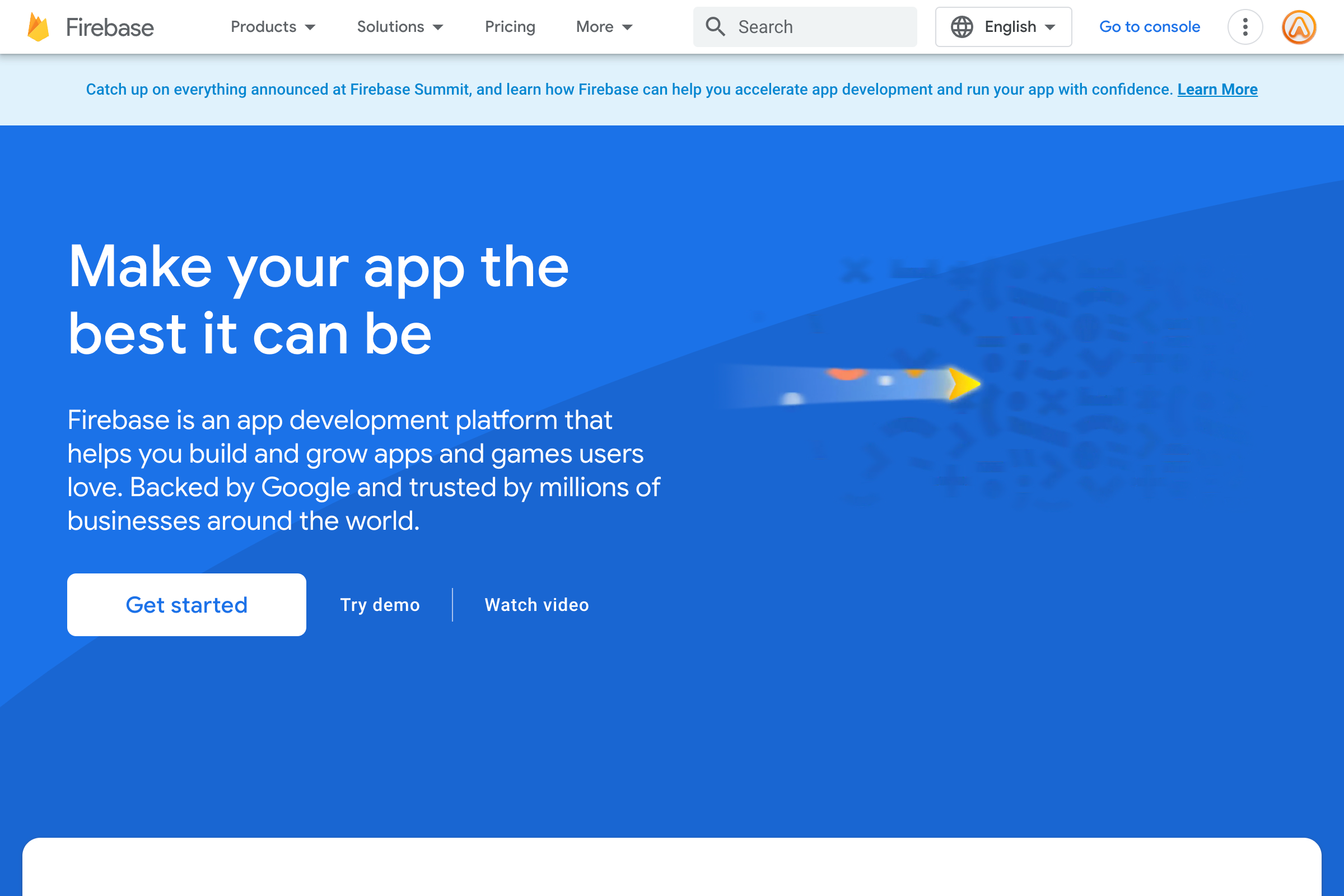
Firebase is the leading, most popular BaaS provider, owned and backed by Google with its Google Cloud platform. Firebase is feature-packed, including cloud functions, easy-to-use user authentication and management, two variants of real-time databases, file storage, hosting, and many more. Thanks to Google’s backing, you can easily integrate your Firebase with more advanced tools from Google Cloud anytime you need them.
Firebase offers a generous free tier, an excellent option for building anything from MVPs to small projects. Beyond that, you need to upgrade to Firebase’s Blaze plan, which is based on a pay-as-you-go model.
Supabase
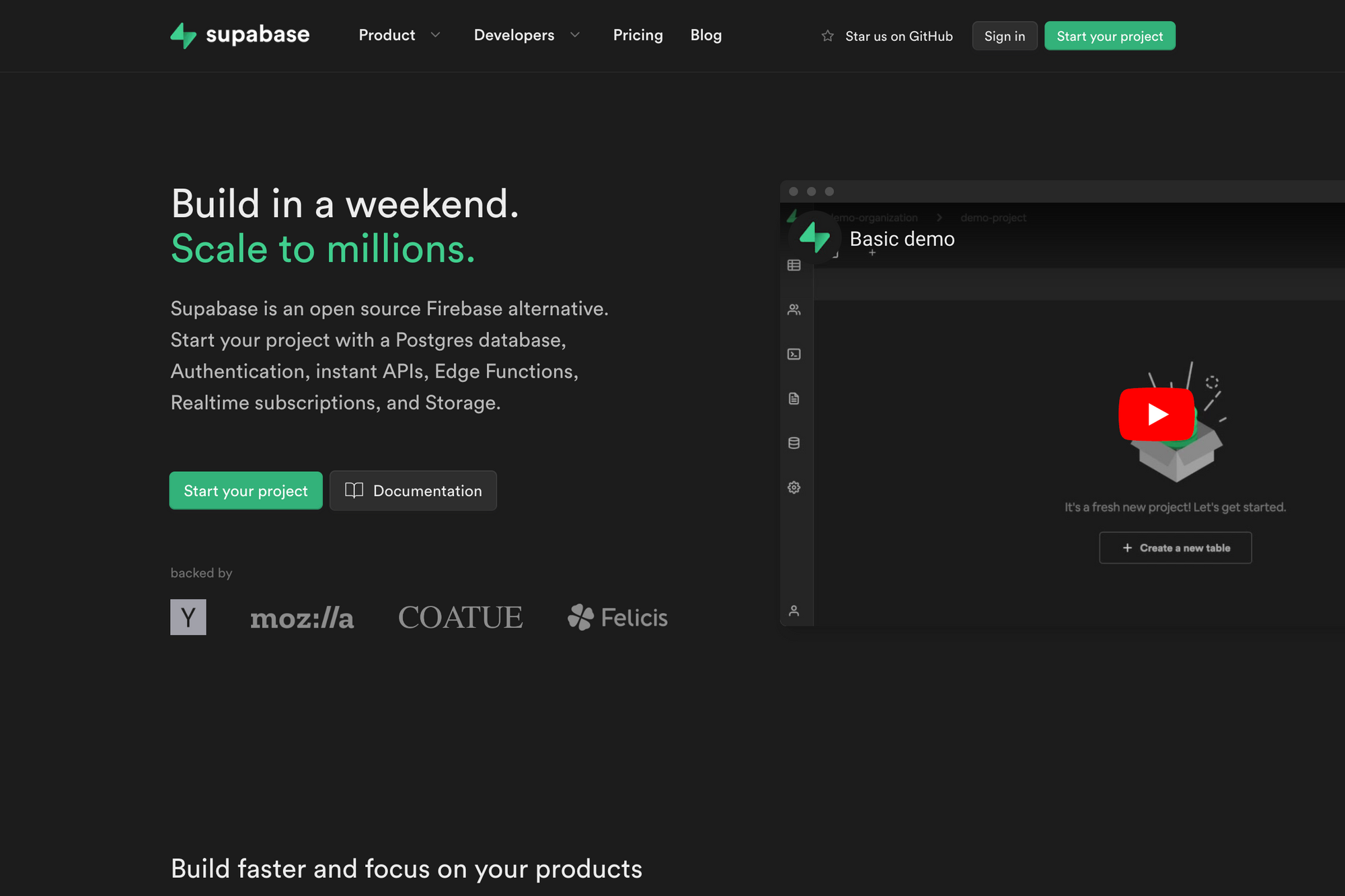
As indicated by its name, Supabase positions itself as an open-source alternative to Firebase. It’s built primarily on top of the Postgres database, providing various features like user authentication, access control, and real-time communication on top of it.
While Supabase does have all the features you’d expect from a modern BaaS provider, including edge function and file storage, its most significant differentiator is its open-source nature. Because of that, there’s no lock-in, as you can always self-host the platform yourself or migrate entirely by moving the data out of the Postgres database. Supabase offers a free tier for simple projects and experiments. If you want to go beyond that, there’s a $25/month Pro plan with higher limits and usage-based pricing if you go beyond that.
Platform as a Service (PaaS)
The Platform as a Service (PaaS) cloud model is pretty much what Heroku is built around. Instead of providing ready backend features for direct access from the front end, it provides a platform on which to host your entire custom app - including both the front and back end. With that said, it also offers many improvements over traditional dedicated servers or VPSs. The PaaS provider takes care of all tedious tasks related to maintaining your app, like networking, database management, and underlying software updates, while also providing additional value in the form of features like auto-deploys from Git or performant CDNs.
Digitalocean App Platform
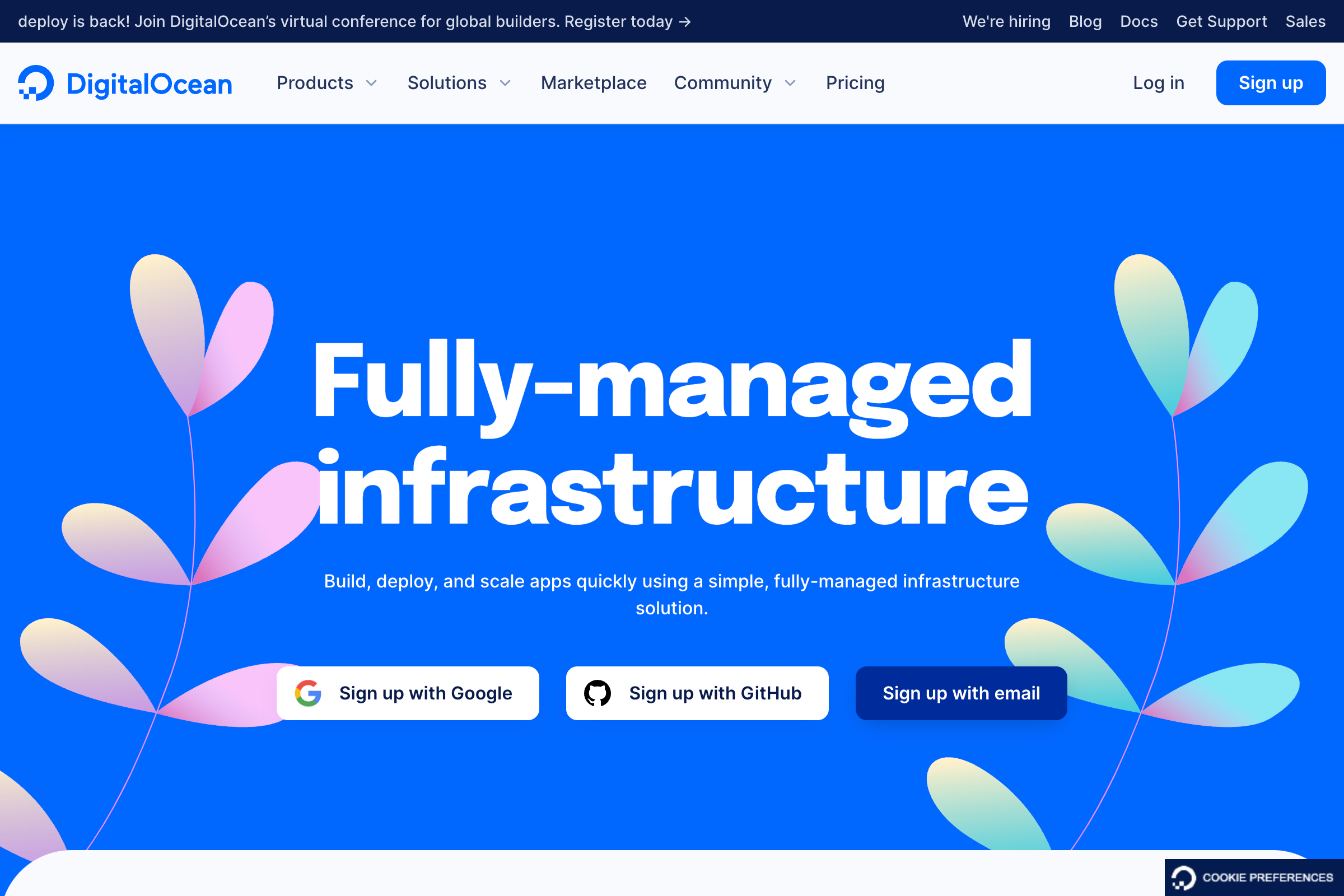
While DigitalOcean is well-known for its Droplets (cloud virtual machine instances), its App Platform is a relatively new product. Still, it has a lot going for it. As a fully-managed solution, it helps you go from code to production in just a few steps. Thanks to auto-deploys from GitHub and GitLab, support for various languages and runtimes, as well as DigitalOcean’s integrated services, and years of experience in cloud hosting, it’s a good choice.
App Platform allows you to host static websites for free, while paid plans start at $5/month. For more ambitious projects, you’ll likely need the $12/month Professional plan. However, if you choose to scale your project (which can only be done manually for the time being), the costs will grow accordingly to the price of underlying cloud instances.
Railway
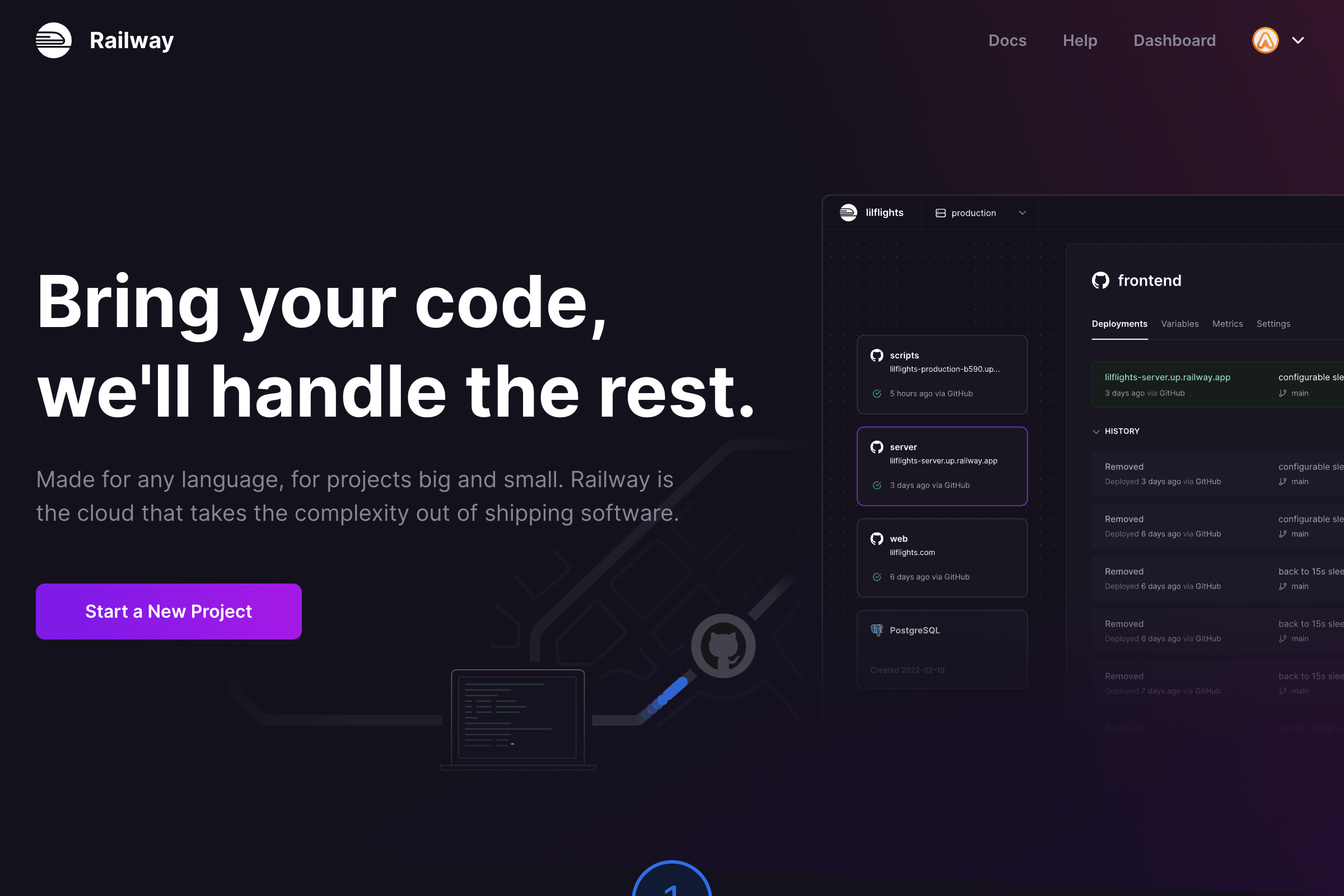
Railway provides a modern approach to PaaS. It’s laser-focused on delivering a great user experience while also introducing a real pay-per-usage pricing model. Railway only bills you per GB of RAM or vCPU you’ve actually used - by the minute.
Such a billing model, combined with autoscaling, leads to a cost-efficient setup for all small to medium apps. Unfortunately, at the time of writing, Railway supports only vertical scaling, which makes it difficult to recommend for large projects.
Render
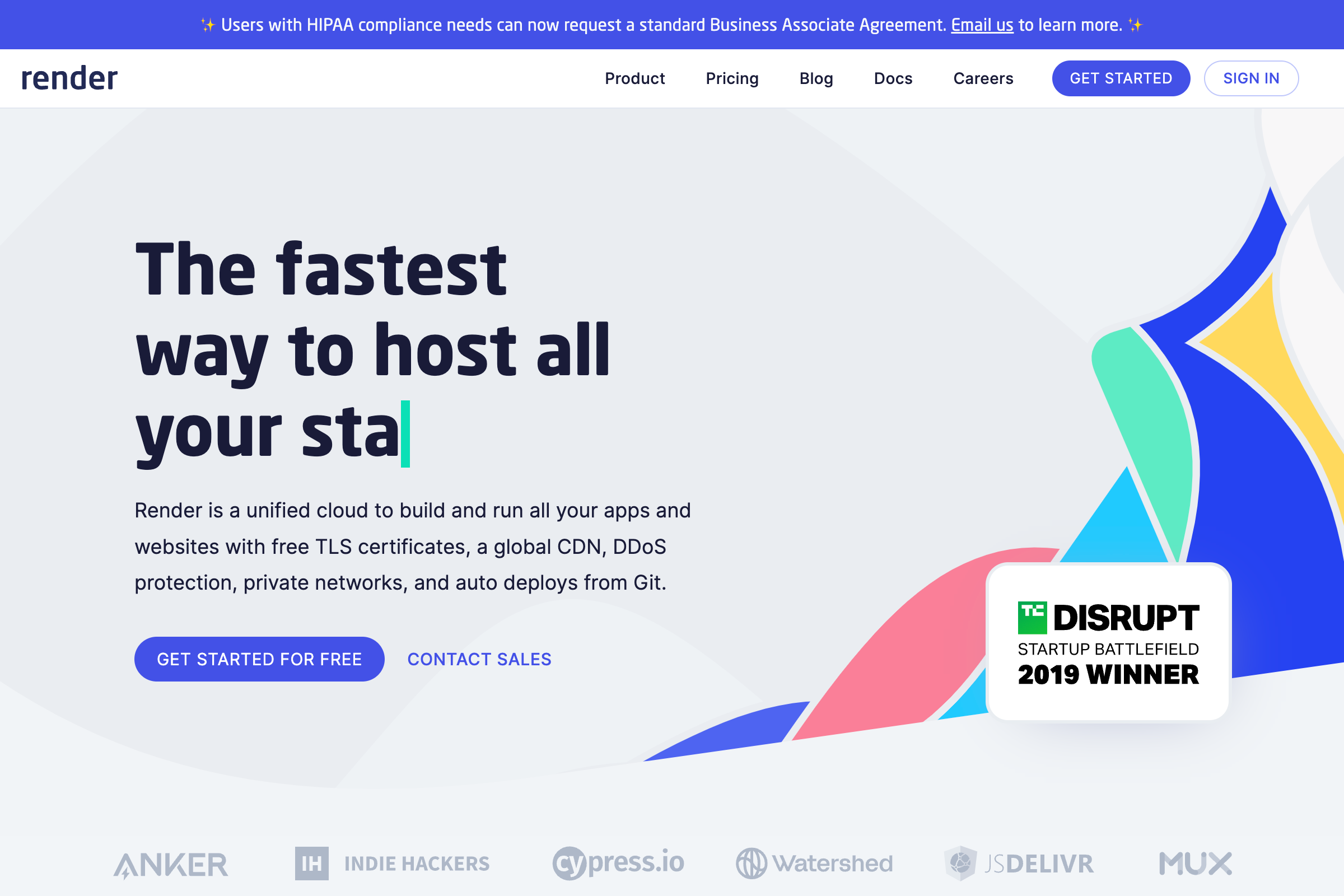
Render is a PaaS provider that focuses on performance and user experience. It’s the only one on this list with full support for horizontal autoscaling. On top of that, with good documentation, well-established Infrastructure as Code (IaC) configuration, and all of the expected benefits of PaaS, Render provides one of, if not the best, experience of deploying and scaling your project.
Render offers a limited free tier, with prices starting at $7/month for a web service.
Conclusion
As you can see, there are many alternatives for Heroku on the market. While the options described in this article give you a lot to explore, there are undoubtedly many more BaaS and PaaS providers out there. All you have to do is do a little research, and you’ll definitely find an offering that provides features and a pricing structure that satisfies your project’s needs.
If you need
Custom Web App
I can help you get your next project, from idea to reality.